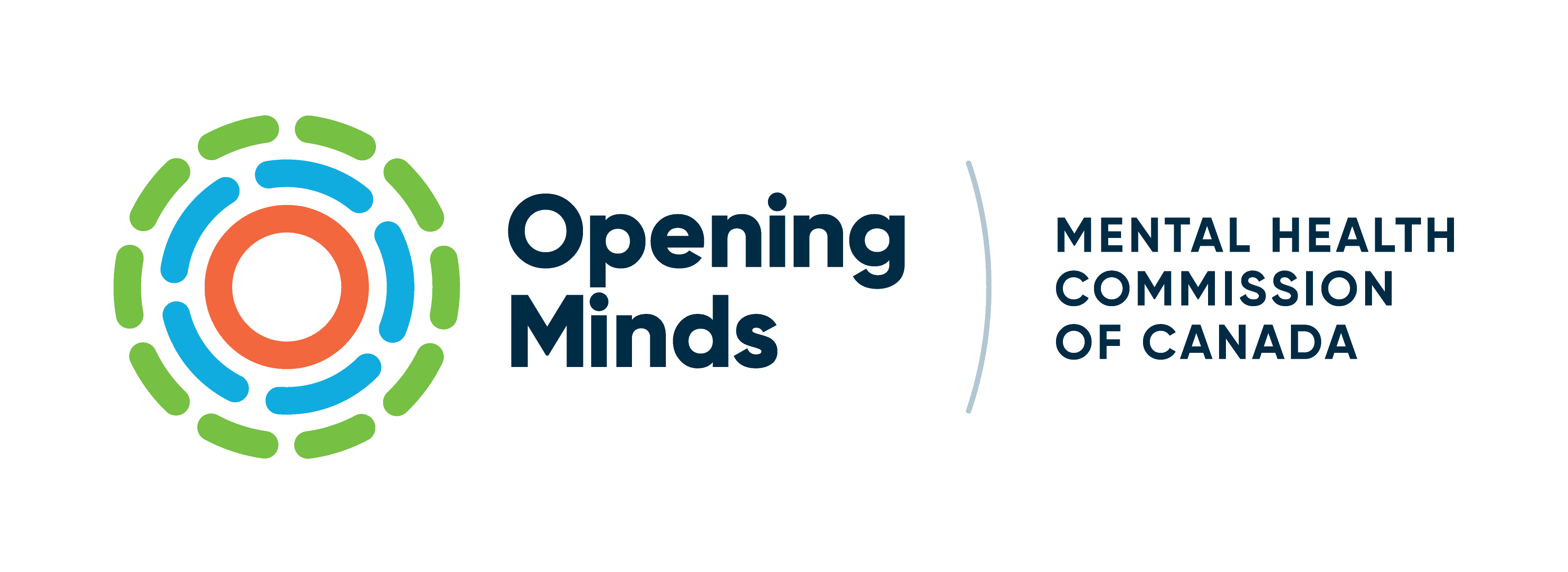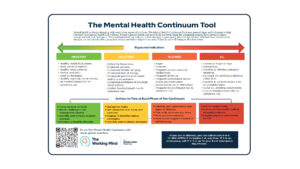We know these past 4 months have been unusual to say the least. We have all reacted to the worldwide pandemic in our own way, doing the best we can every single day.
Well, the time has finally arrived across our country…dogs and humans alike have been groomed and patios are open for business. While most Canadians are excited to return to the new “normal”, we need to realize that some may be experiencing additional stressors as communities/workplaces strive to return to “business as usual”.
We know these past 4 months have been unusual to say the least. We have all reacted to the worldwide pandemic in our own way, doing the best we can every single day. We haven’t had a guide, there isn’t a “Living Through a Pandemic for Dummies” book; though someone may write one down the road.
As summer moves along, it’s important we don’t lose site of our own mental wellness. In our Mental Health First Aid courses we provide participants with a conversation guide to use when providing support to those that may be struggling with their mental wellness. The same questions we ask of others, we can ask of ourselves.
Start by checking in with yourself and asking, “how am I doing?”, “what has changed?”, “how long have I been feeling this way?”. When asking these questions, it’s important to listen and pick up on signs that you may be stressed. Sometimes we don’t recognize these signs when we’re struggling; this takes time and self-awareness of any changes you’re experiencing. For myself, frequent sighing indicates my stress levels are rising. That’s my sign I need to reach out to supports and do a better job of maintaining my stress.
We’re always the hardest on ourselves so give yourself reassurance by realizing it’s ok to feel this way. But remember, the longer you notice/feel any changes it’s a good indication it’s time to reach out to supports. Think back to another time you felt stressed or overwhelmed, ask yourself what helped during that time. Did you reach out to family/friends? Did you phone a professional, i.e. family doctor, counselor/therapist? Did you phone a distress centre or crisis line? Maybe you spent more time practicing self-care by going for a hike, gardening, meditating or unplugging from social media. Sometimes we just need to remind ourselves we have the skills and resources to manage our stressors, we tend to forget when overwhelmed or struggling.
As I wrap up, I leave you with one of my favourite quotes “So far you’ve survived 100% of your bad days. You’re doing great!”. As always, be kind to yourselves in all that you do and think.
Keep well,
Denise


